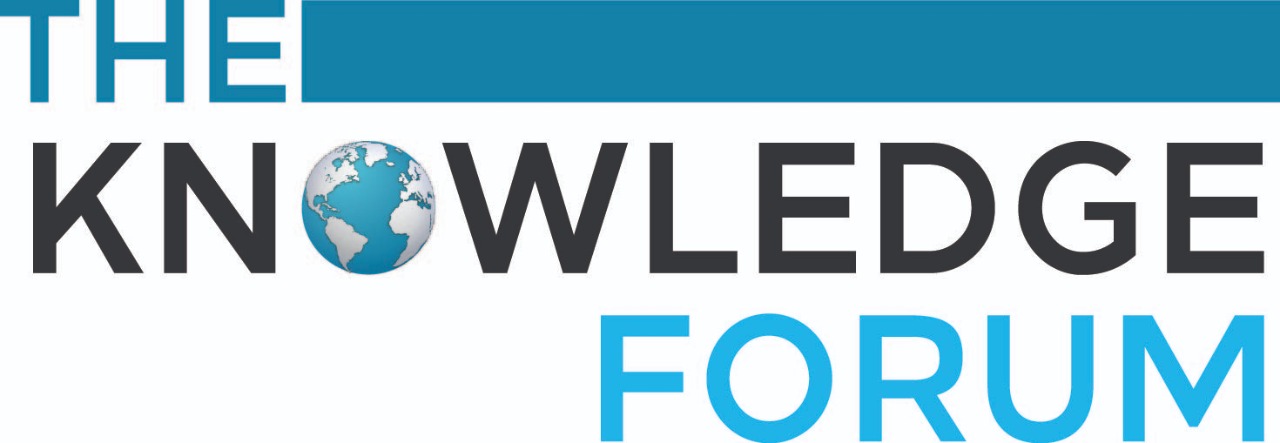Pakistan Bulletin
Up-to-date and informed analyses of key issues of Pakistan.
Revisiting the National Human Rights Action Plan
October 2023
Pakistan introduced its very first National Action Plan for Human Rights in 2016 but it appears to have faded in the backdrop of technical inconsistencies and the government’s inability towards compliance. This failure, due to a lack of political will, bureaucratic hurdles and resource constraints, has led to the continuation of human rights violations.
In 2016, Pakistan introduced its very first National Action Plan for Human Rights (NAPHR). It is largely understood that the Action Plan was introduced against the backdrop of GSP+ compliance obligations. However, it was viewed as the government’s remarkable initiative towards recognition and protection of people’s fundamental rights.
Despite a promising beginning, the Action Plan seems to have faded into the background with many of its key aspects overlooked or not implemented. For instance, the Plan was due to be revisited after five years but it has not been done so far. Moreover, a number of key promises made under the plan have yet to be materialised. This includes the government’s inaction to develop the National Policy Framework on Human Rights and to establish the National Human Rights Institute.
Key thematic areas of the Action Plan, including policy and legal reforms, institutional interventions, key priorities, cross-cutting interventions and UN treaty implementation were not assigned a specific timeframe but were intended to be completed or continued beyond 2016. Therefore, the Plan does not specify a particular timeframe for their execution. This, in turn, undermined the “action orientation” of the Plan which impacted the motivation concerning the allocation of resources and administrative arrangements.
The Action Plan was designed to be jointly implemented by the federal and provincial/regional governments. However, during the follow-up period, Punjab introduced its human rights policy (in 2018), followed by Khyber Pakhtunkhwa that announced its Action Plan in 2020. Rest of the provinces and states of Pakistan, Sindh, Balochistan, Gilgit Baltistan, and Azad Jammu and Kashmir governments have lagged behind in taking any concrete steps in this regard. Furthermore, progress on compliance with national vis-à-vis sub-national human rights action plans/policies are required to be critically reviewed in Punjab and Khyber Pakhtunkhwa.
The plan suggests allocation of funds under the Public Sector Development Plan (PSDP) to institutionalise the people’s economic, social and cultural rights. However, this approach raises a question as to how this process will be made coherent with the country’s existing national development framework.
The National Action Plan for Human Rights was meant to improve the overall human rights situation in Pakistan and fulfil international obligations: commitment to the promotion and protection of the fundamental rights of citizens without discrimination and a pledge to harmonise the prevailing national laws with the international human rights framework. Yet, lack of political will, resource constraints and bureaucratic hurdles have hampered the effective execution of the plan.
Many of the outlined actions remained on paper and failed to translate into tangible steps on the ground. Apart from fewer legislative reforms, promises made under the Action Plan have yet to be fulfilled, leading to persistent human rights violations across the country. As, according to 2023 Human Rights Watch report, Pakistan continues to control media and suppress dissent. The government employs archaic sedition laws reminiscent of colonial times to silence political opponents and journalists. Furthermore, women, minorities and transgender people continue to face violence, discrimination and persecution. Recently in 2023, during its fourth Universal Periodic Review, Pakistan received a total of 340 recommendations from the UN member countries. A significant number of these recommendations underscored Pakistan’s failure to meet international obligations regarding achieving respect for human rights.
Besides other factors, the failure underscores implementation impediments, ambiguity in the legal status of the National Action Plan, a lack of clarity regarding its objectives, and broader contextual issues. While analysing the period from 2016 to the end of 2023, it is essential to identify the factors contributing to this failure. Given that the Plan was developed by the former Federal Ministry of Law, Justice and Human Rights and signed by the then Prime Minister Nawaz Sharif, it adds significant political value. However, it was crucial for the plan to undergo debates on relevant national as well as sub-national democratic platforms to achieve legitimacy and garner the necessary political ownership and support. Explicitly, the Action Plan would have been discussed at the Senate of Pakistan, at national and provincial assemblies and to be scrutinised by corresponding committees of these forums.
The Plan has been contextualised around a range of human rights challenges including rights violations of women, children, and persons with disabilities as well as the prevalence of torture, bondage, arbitrary arrests and extrajudicial killings. However, some of the key human rights issues such as rights violation of minorities and suppression of freedom of expression, thought and conscience were ignored. Given the ever growing menace of intolerance directed at the minorities, this omission reflects the compromising approach of the then democratic government regarding people’s civil and political rights.
The Action Plan broadly aims at “improving the human rights situation in Pakistan” and ensuring compliance with the country’s international human rights obligations. However, for an overarching significance, it would have been important to ensure the Action Plan’s compliance with the country’s public policy discourse. For instance, realisation of children’s right to education should have been viewed in the backdrop of government’s education policies, practices and fiscal allocations.
During its fourth Universal Periodic Review in 2023, Pakistan received a total of 340 recommendations from the UN member countries. It underscores Pakistan’s failure to meet international obligations regarding achieving respect for human rights.
The plan suggests allocation of funds under the Public Sector Development Plan (PSDP) to institutionalise the people’s economic, social and cultural rights. However, this approach raises a question as to how this process will be made coherent with the country’s existing national development framework. For example, a commitment made under the Action Plan to allocate PKR 700 million for its implementation could not be materialised.
Moreover, the action plan neither recognises nor explains the much-required interplay between government bodies, National Human Rights Institutions (NHRIs), civil society and international partners who have an important role to play in achieving respect for people’s rights.
Despite all these odds, the National Human Rights Action Plan presents hope for improved realisation and protection of people’s rights. However, for this plan to be truly effective, it must move from being a symbolic gesture to a tangible reality. This necessitates a renewed commitment from the government, civil society and international partners to play their part in this regard. By addressing the ignored aspects of the National Human Rights Action Plan, Pakistan can pave the way for a future where human rights are not just an ideal but a lived reality for all its citizens.
It is essential that, like many developed countries, Pakistan’s human rights policy should be formulated and implemented through the national and provincial parliamentary systems. It should aim to align human rights with the development process. The international community’s support is crucial in terms of strengthening institutional capacities and introducing International best practices on the way to achieve respect for people’s rights.
Muhammad Rafique
Author
Muhammad Rafique is human & labour rights expert. He holds M.A in Political Science.

Get the latest news and updates from our team
